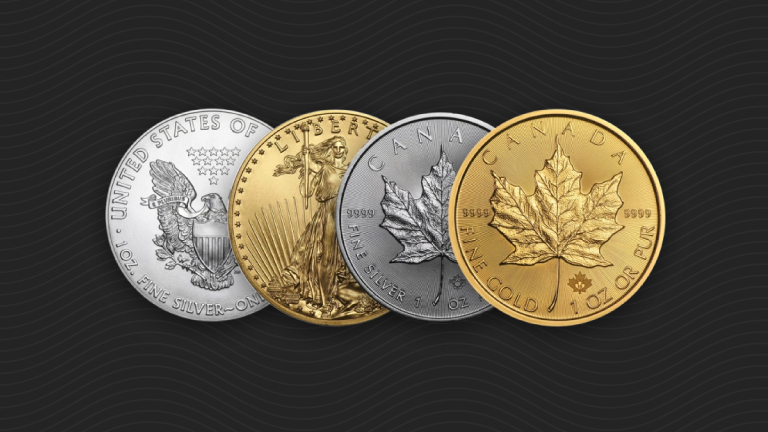The Currency War – Good for Gold
By Peter Schiff
As the world awaits another $500 billion flood from Bernanke’s printing press, central bank governors from Brasília to Tokyo are preparing to respond in kind. This is the monetary equivalent of a nuclear war, except instead of radiation, bombs of inflation threaten to make the world economy uninhabitable for saving and productive enterprise.
While much of the attention has been focused on China and accusations that it is a “currency manipulator,” the first shot in this war was clearly fired by the US Federal Reserve. Last month, the Fed came out with a statement that, for the first time ever, said inflation is rising at a rate “below its mandate.” That is, they acknowledged that the deflation threat had passed, that prices were stable – but they still intended to send prices higher.
Since the Bretton Woods Agreement was signed in the wake of World War II, the global monetary system has been based on the US dollar. This means that when the Fed decides to create trillions of dollars of inflation, other countries can’t simply say, “let them dig their own grave.” Instead, because their international transactions are denominated in dollars, they feel a pressure to maintain relatively stable exchange rates between their currencies and the dollar.
Most countries do this informally and have their own (bad) reasons for maintaining a certain level of inflation. China, however, is more literal in its devotion to the dollar system, perhaps due to its psychology as a new arrival on the world stage. So, in recent history, the People’s Bank of China has largely maintained a “peg,” by which it currently offers to pay 6.8 RMB for every dollar deposited, no matter how many extra dollars the Fed prints. To put it another way, China, and to a certain extent the entire world, is on a Dollar Standard — like the Gold Standard, but based on another fiat currency instead of a precious metal.
What this also means is that China does not intentionally devalue its currency against the dollar, but only to keep pace with the dollar. Chinese Commerce Minister Chen Deming said as much in an interview on October 26: “Uncontrolled” issuance of dollars is “bringing China the shock of imported inflation.” Most emerging markets are the same way. In order to prevent rapid economic dislocations, and often to appease their powerful export lobbies, these countries seek to maintain a status quo versus the dollar – whether through inflation as with China or capital controls as with Brazil and South Korea, or both.
In short, the currency war is really just the rest of the world trying to shield itself from a barrage of nuclear dollars.
The end result is that the entire civilized world is locked in a race to inflate, and no fiat currency is truly safe. In my brokerage business, I advise clients to buy companies – not currencies – in countries that I believe will thrive in the war’s aftermath. China could dump the peg tomorrow and, after a period of adjustment and write-offs, would continue to grow apace. The UK, on the other hand, is happy to be locked in a competitive devaluation as it helps the government avoid imminent default while it puts through budget reforms. But regardless of their strategic positions, all major central banks will likely engage in some money printing to keep their currencies level with the rapidly devaluing US dollar – until the greenback loses its reserve status. (This may happen sooner than later, if an agreement this month between China and Turkey to stop using dollars in their transactions is any indication.)
As the Fed seeks to blow up the global monetary system, I take comfort in the fact that gold cannot fight a currency war because it is not a currency. Gold is money. Currencies used to be backed by money until the global fiat system was introduced under President Nixon. Fiat currency can be printed at will until the economy collapses, as has happened many times in history. Money is impossible to devalue at the whim of politicians because it is naturally scarce. Even in the ruins of Europe after the Second World War, when there was no central authority and chaos reigned, an ounce of gold was worth what it always had been.
If we are witnessing a fight to the death among fiat currencies, then gold is surely the Red Cross – a peaceful arbiter and source of mercy for our accumulated savings. While I do believe that life will go on after this war, as with all others, the thought of the world’s savers all hiding their assets safely in gold brings to mind the old question: What if they gave a war and nobody came?
Follow us on Twitter to stay up-to-date on Peter Schiff’s latest thoughts: @SchiffGold
Interested in learning about the best ways to buy gold and silver?
Call 1-888-GOLD-160 and speak with a Precious Metals Specialist today!

